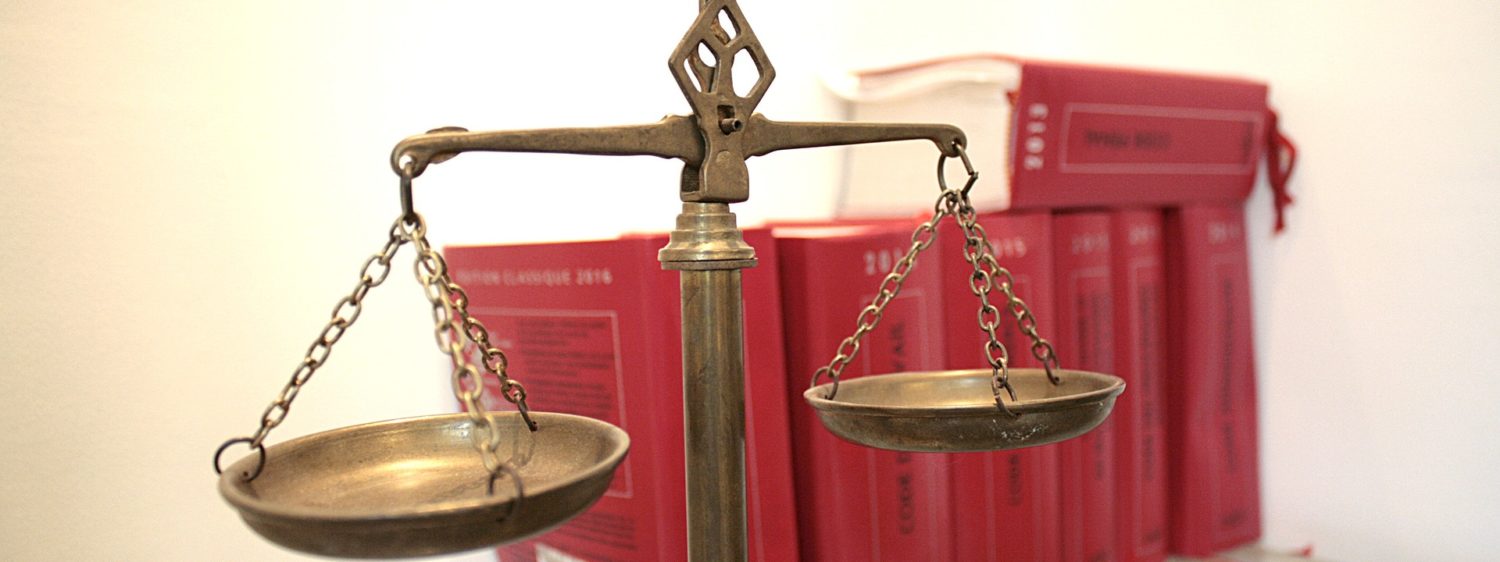
Brewery licenses are the cheapest alcoholic beverage licenses, while Type 47 allows restaurants to serve wine and beer. Type 48 licenses are the most expensive and require a state-approved package agency. In the United States, licenses are required to sell beer and wine at bars, restaurants, and other establishments. Here are some of the types of licenses and what they mean.
Brewery licenses allow breweries to brew their alcoholic beverages.
A brewery license is needed to brew alcoholic beverages in a business establishment. A business owner must obtain these licenses to brew alcoholic beverages. A brewery can also have additional locations, such as restaurants, where customers can buy their products. A brewery license will also allow it to donate beer and wine to nonprofit organizations and charity organizations.
Massachusetts has a series of different brewing licenses, including Pub Brewery licenses. The Pub Brewery license allows producers to create beverages from malt beverages and cereal grains and sell them wholesale or retail. However, it also means a brewery must rely on a wholesaler to bring its products to retail customers.
Farm Brewery licenses are intended to let craft brewers use products grown in New York State. This will encourage the consumption of New York-grown products. In addition, a Farm Distillery license will allow the sale of New York-labelled products for off-premise consumption.
Type 47 license allows restaurants to sell beer and wine.
If you own a restaurant in California, you should consider a Type 47 alcoholic beverage state license. These licenses allow you to sell a wide variety of alcoholic beverages. In addition, an alcohol license Dallas, TX, can enable you to serve alcohol until 2 a.m. in a central metropolitan area. If you don’t need a full liquor license to sell beer and wine in your restaurant, you can use a Type 41 license.
If you are looking to open a restaurant in a city that restricts the sale of alcohol, you must first obtain a Type 47 license. There are many steps involved in applying for a liquor license, and the process will vary from state to state. You must be at least 21 years of age and be a US citizen to apply for a liquor license. You will also have to meet specific minimum sales requirements, such as serving alcohol as a percentage of food sales.
The most common requirement is to have a liquor store. These two types of licenses are designed for different establishments and are divided into various classes. For example, obtaining a liquor store license is required for a bed and breakfast where you can hold wine tasting events. A restaurant with a full bar needs a Type 47 license. The permit will also allow you to sell packaged alcohol.
Type 48 license is the most expensive.
There are two main types of alcoholic beverage state licenses available in your state. The first one is Type 47, which is for on-sale general public premises. This type of license is required if you …

 Much of the lawsuit is a carefully-guarded secret, nonetheless. Often, you’ve gotten the best to sue one other member of the army. However, you will have to show that the other member has lied which could result in a really messy go well with. To show slander, you must present that someone has both orally or in writing labeled false accusations in opposition to you resulting in lack of repute. If the statements become true, it could not be thought of a slander and the accused particular person might defend with that. To win such a go well with you need to show that the person has made a statement which is a lie and due to that you’ve suffered injury of popularity resulting in financial loss like loss of clients, loss of work and so forth. You could request the command to press charges and prosecute the individuals concerned with the false statements. Your command might deal the case free of cost. If you nonetheless determine to sue, you will have a lawyer.
Much of the lawsuit is a carefully-guarded secret, nonetheless. Often, you’ve gotten the best to sue one other member of the army. However, you will have to show that the other member has lied which could result in a really messy go well with. To show slander, you must present that someone has both orally or in writing labeled false accusations in opposition to you resulting in lack of repute. If the statements become true, it could not be thought of a slander and the accused particular person might defend with that. To win such a go well with you need to show that the person has made a statement which is a lie and due to that you’ve suffered injury of popularity resulting in financial loss like loss of clients, loss of work and so forth. You could request the command to press charges and prosecute the individuals concerned with the false statements. Your command might deal the case free of cost. If you nonetheless determine to sue, you will have a lawyer.